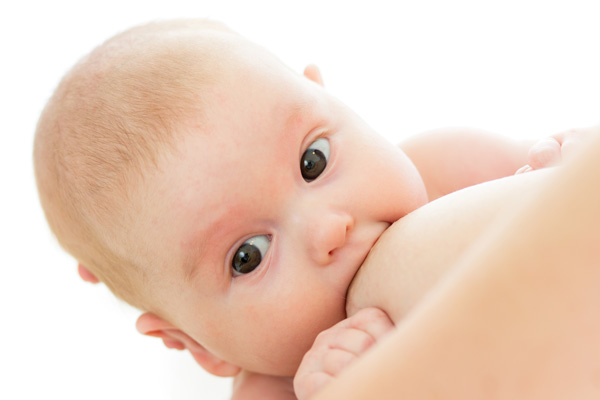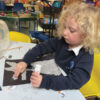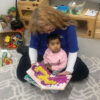
by Clare Castell
www.blossomantenatal.com
Many mums-to-be are worried about breastfeeding and they feel apprehensive about whether they’ll be able to do it. Although breastfeeding is completely natural it’s also a skill that needs to be learned – by mum and baby together – a bit like dancing together or riding a tandem.
Clare Castell, founder of Blossom Antenatal, an online antenatal education platform for parents insists there should never be any judgement about feeding choices. She encourages mums to do whatever works for them. “A mother should never feel pressured into breastfeeding or any guilt for the way she chooses to feed. The most important thing for us is that all mothers are supported in their choices.”
Clare shares her insider secrets to help avoid the most common pitfalls.
• The one thing we always recommend to our new parents is to lower all your expectations. You need time to adjust to your new life. The first couple of months are often the hardest as tiny babies need frequent feeding. But, as your baby grows, you should find that this intensity is reduced.
• One of the most beneficial things expectant mums can do to support themselves is attend a breastfeeding class. Blossom runs these for free and our experience is that this helps women to understand how breastfeeding works which really does help them know what they need to do when baby is born.
• Don’t expect your baby to follow the clock. We advise you to watch your baby for feeding cues and respond to their needs. The more time you spend with your baby the quicker you will be at working out what they want. Keep baby physically close to you so that as they stir from sleep you are able to quickly offer them the breast before they start to cry or get agitated.
• Get as much skin to skin contact with your baby as possible. The first hour after birth is often called ‘the golden hour’. But, it’s never too late to start skin to skin. You can do this to calm a baby at any time. Skin to skin is great for bonding and increasing milk supply.
• Another concern new parents have is whether baby is getting enough milk. It’s normal for babies to lose some birthweight in the first couple of weeks, but after this your baby should gain weight steadily. One of the most important indicators is nappy output – what goes in must come out! From day four or five onwards baby should have two soft yellow poos and at least six heavy wet nappies every 24 hours. We know some parents find it hard to tell if a tiny newborn disposable nappy is wet. Our top tip to give you an idea of what to look and feel for is to add two to four tablespoons of water onto an unused nappy and see how heavy that feels.
It’s crucial to locate local sources of support in advance in case things get difficult. If you’re having your baby in hospital there is a lot of support available while you’re there – so make the most of it and ask for help. Search online for local meetups or Facebook groups. We also advise our mums to get the phone number of the Community Infant Feeding Team. Write it on a piece of paper and stick it to your fridge. Every area has a community feeding team and they usually run drop in groups for mums and new babies.
The Blossom Antenatal team consists of midwives, lactation consultants and NCT trained teachers. All classes are taught by these qualified instructors who have years of experience of working with expectant parents. Many currently work in the NHS and are volunteering their time to help teach parents. www.blossomantenatal.com











